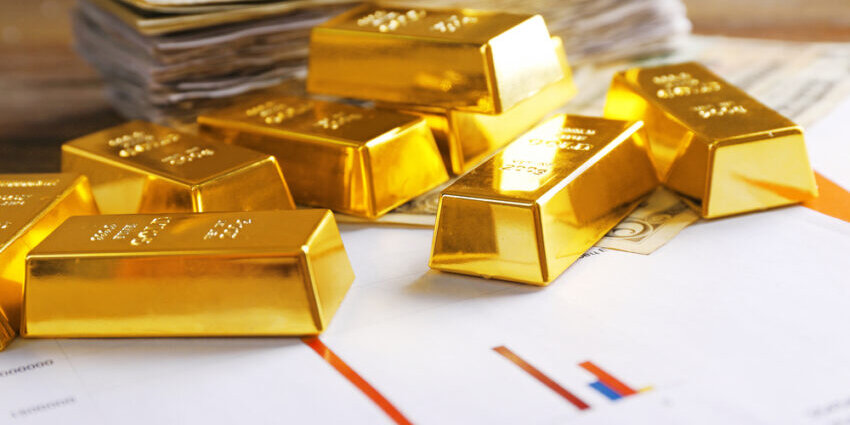Gold prices surged past the $2,700-per-ounce mark for the first time on Friday, as escalating tensions in the Middle East and ongoing global economic uncertainty drove demand for the precious metal.
By Friday evening in New York, gold had risen 0.8% on the day to reach $2,713.70, marking a weekly gain of 2.1%. So far this year, gold has soared nearly 32%, making it one of the top-performing commodities of 2024.
The jump in gold prices comes as investors seek a safe haven amid geopolitical instability and a series of interest rate cuts by major central banks. Gold, which offers no interest payments, tends to rise in value when interest rates fall, as it becomes a more attractive store of value.
Gold demand remains strong despite market trends
Philip Newman, managing director of Metals Focus, noted that some of the recent strength in gold prices may seem counter-intuitive, given that the European Central Bank’s (ECB) interest rate cut typically boosts the US dollar, which can weaken gold. However, the safe-haven appeal of gold, along with continued investment inflows, is keeping demand high.
“Investment inflows are meaningful,” Newman said, adding that the upcoming US presidential election and heightened geopolitical concerns are further fuelling gold’s rise.
Chris Beauchamp, chief market analyst at IG, believes the precious metal will continue its upward trend. “Gold’s gains are being driven by continued geopolitical worries, central bank buying, and falling interest rates,” he said. “There are no signs of a reversal in the trend yet.”
Central banks have been increasing their gold reserves this year, with global central bank purchases rising by 6% to 183 tons in the second quarter of 2024, according to the World Gold Council. This sustained buying activity is helping to support the upward pressure on gold prices.
Stock markets rally alongside gold’s rise
While gold continues to shine, stock markets have also been performing strongly. On Wall Street, equities rallied, with the Dow Jones industrial average climbing 36.86 points (0.1%) to close at a record-breaking 43,275.91—its 40th record close of the year and a weekly gain of 1%. The S&P 500 gained 23.20 points (0.4%) to reach 5,864.67, while the Nasdaq rose 115.94 points (0.6%) to 18,489.55, up 0.8% for the week but still shy of its record close in July.
Despite strong economic data from the US, markets are overwhelmingly expecting a 25-basis-point interest rate cut at the Federal Reserve’s November meeting. This expectation, along with uncertainty surrounding the upcoming US presidential election, has further stoked demand for gold as a stable investment option.
Outlook: gold prices likely to rise further
Frank Watson, a market analyst at Kinesis Money, expects gold prices to continue rising but warned of potential resistance around the $2,750 mark. “The precious metal should continue to push higher,” he said, noting that central banks are likely to remain active buyers of gold.
The combination of rate cuts by the ECB, the Bank of England, and the Federal Reserve is adding new momentum to gold purchases, according to BullionVault, an online bullion marketplace. With further rate cuts expected and continued geopolitical instability, analysts believe that gold’s bullish run is far from over.











